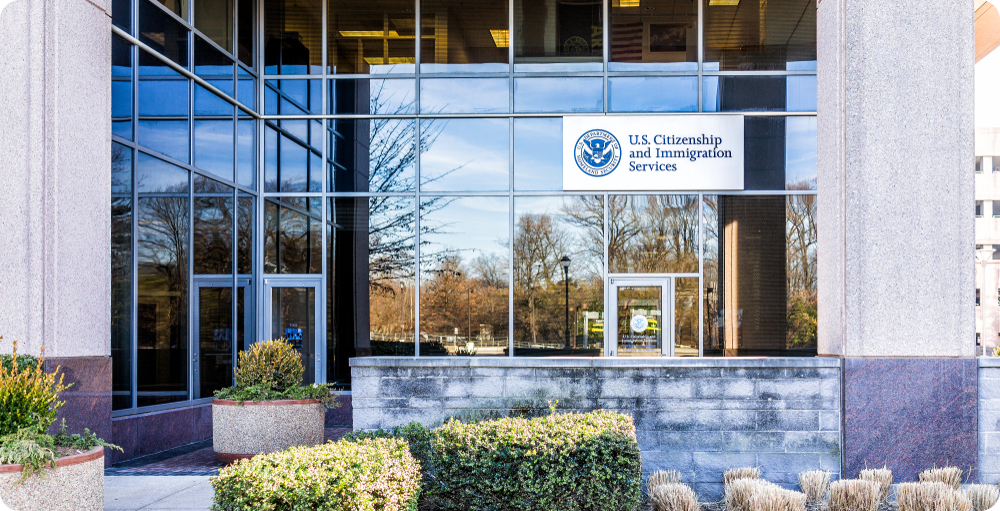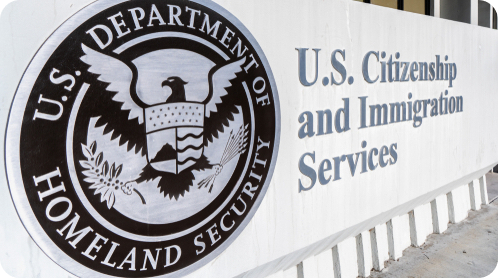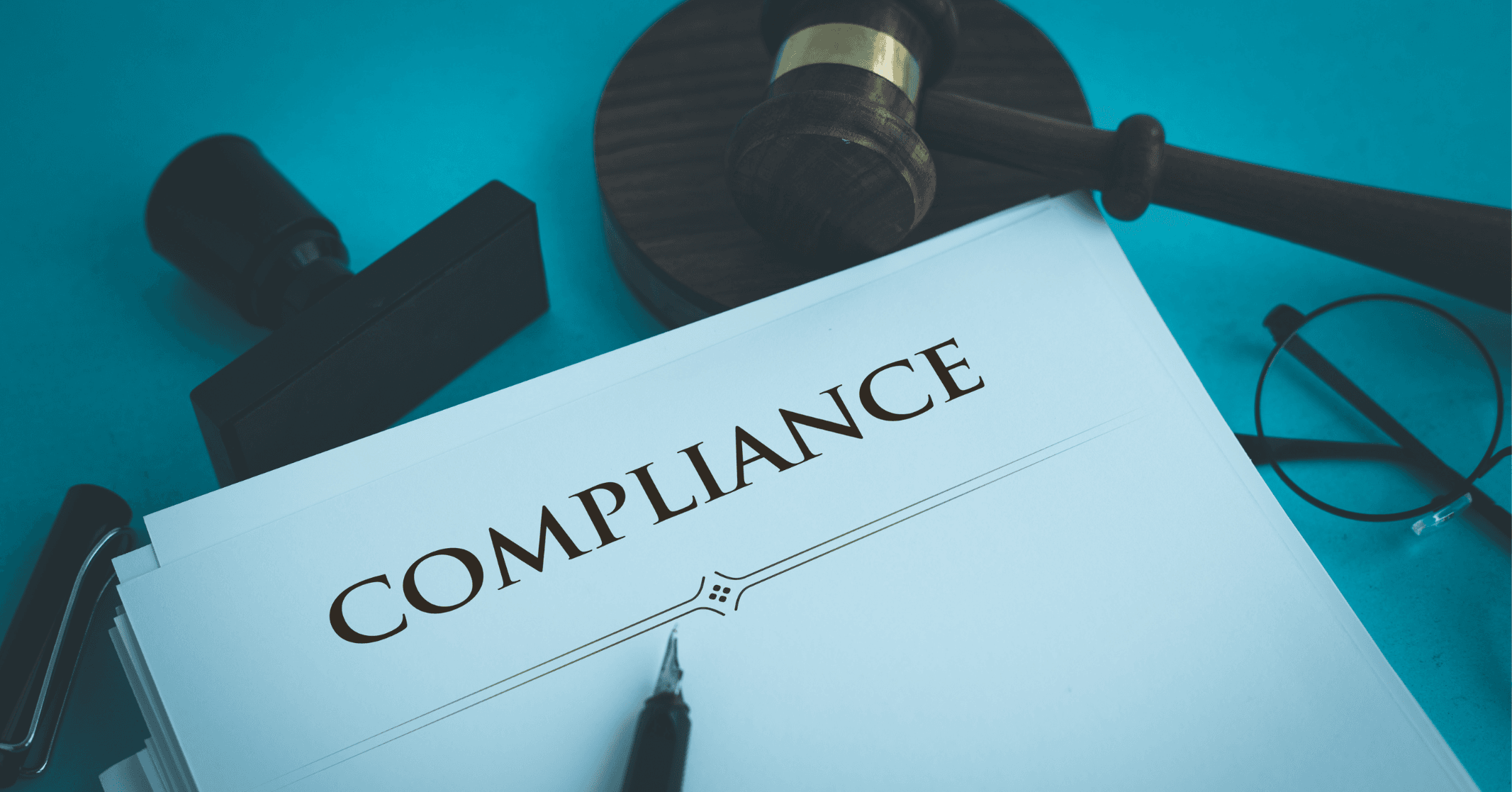Senators Grassley (R-IA) and Leahy (D-VT) recently introduced new EB-5 legislation that would reauthorize the Regional Center Program for five years and enhance the program’s integrity. The new bill is built upon the 2020 version but has some key changes: limited inclusion of direct construction jobs lasting less than 24 months; limitations on materiality for litigation and bankruptcy disclosures by a regional center, new commercial enterprise (NCE) or job-creating entity (JCE); expanded bona fide actor definitions; and revisions to securities laws compliance.
IIUSA member and immigration lawyer Carolyn Lee has produced a new summary of the EB-5 Reform and Integrity Act of 2021. While much of the new bill is similar to the bill introduced in 2020, the following are revisions of note:
Section 2 updates
Direct jobs requirements have been expanded. Under current USCIS policy, construction jobs may only qualify for direct job creation if they last at least 24 months. The new Reform Act allows for construction jobs lasting less than 24 months to qualify for direct job creation; the number of direct jobs is determined by the multiplying by the fraction of 24 months the construction occurred, with a minimum of 25% of required job creation.
A section change in subparagraph (E) entails replacing the term “significant” economic impact (as per the 2020 version of the bill) with the term “substantive” economic impact. This revision was made to address IIUSA’s concern about the defining limit of “significant”; The word “substantive” has a lower threshold.
(G) Regional center annual statements
The Reform Act limits the reporting of litigation of bankruptcy to material disclosures of a regional center, NCE, and JCE. The 2021 version of the Act further applies this threshold to such legal activity that was resolved in the previous fiscal year.
(H) Bona Fides of persons involved with the Regional Center Program
Someone who is subject of recision or removal proceedings cannot qualify as a bona fide actor in EB-5.
(I) Compliance with securities laws
As both IIUSA and the EB-5 Securities Roundtable had issues regarding this subsection in the 2020 version of the Act, the 2021 version importantly defines reasonable limits of compliance with securities laws. Compliance now entails commercially reasonable efforts by a regional center “to monitor and supervise compliance with the securities laws”; this is more reasonable than the previous mandate “to confirm compliance.”
Section 4 update
EB-5 visa reforms
The 2021 version of the Act revises definitions in this section. The “new commercial enterprise” definition is now consistent with the definitions in current regulations and includes holding companies and wholly owned subsidiaries. Likewise, the “job-creating entity” definition is also consistent with regulations, but does not impose the requirement of being a for-profit entity; thus, nonprofit and publicly owned entities will continue to qualify in such a role.
See the IIUSA summary by immigration lawyer Carolyn Lee
See the full EB-5 Reform and Integrity Act of 2021










